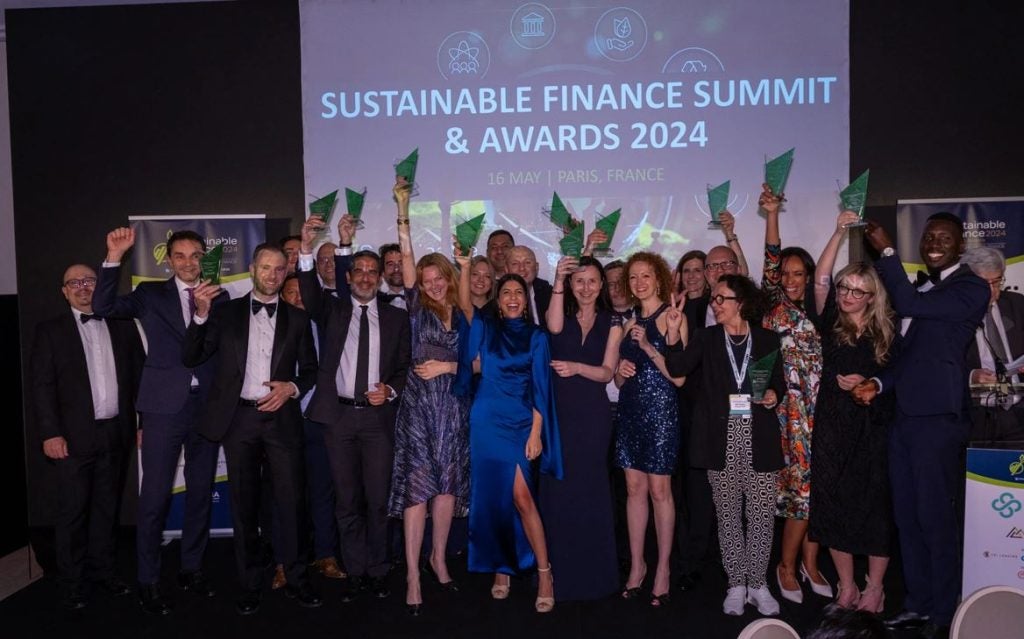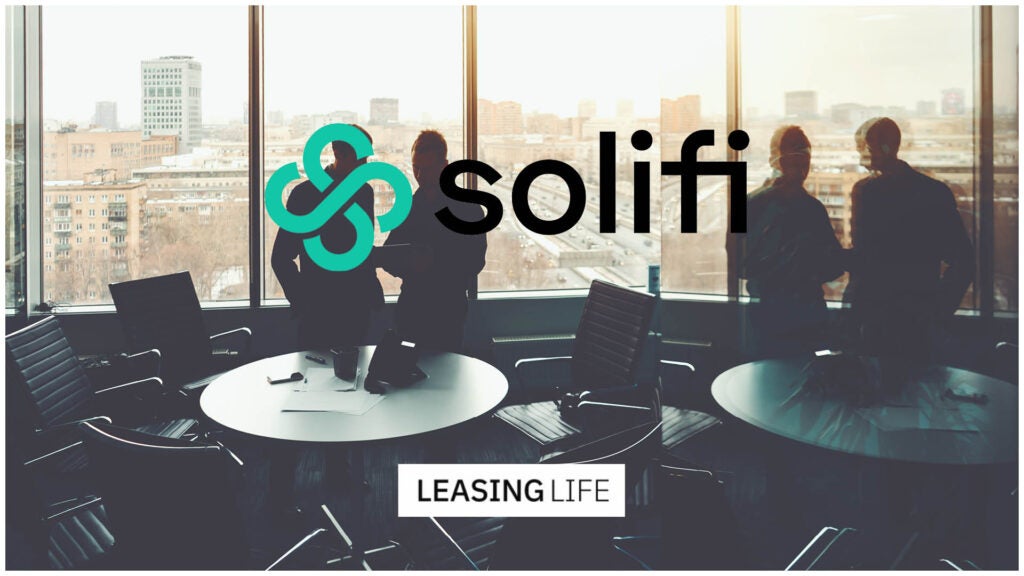Is there a basic
incompatibility between an economic model based on perpetual growth
and a social model founded on sustainability?
It’s certainly far too
big a question to tackle in its entirety on page four of
Leasing Life. While I am as guilty as any journalist of
occasionally bluffing my way through highly technical discussions,
I would not pretend to be well-informed enough to present a
definitive answer.
It’s a question worth
invoking, however, since it appears leasing may be part of the
solution.
That is according to MEP
Judith Merkies and management consultant Eric Lowitt, who
co-authored a column in UK newspaper The Guardian last
month, entitled “Leasing could provide the route to a circular and
self-supporting economy”.
In the article, they
claim that “a leasing society model would give manufacturers an
economic incentive to design sustainable products”, using the
founding premise that the current economic system holds no
disincentive for the relentless exploitation and exhaustion of
natural resources.
To quote the piece: “We
propose an alternative model. One that incentivises manufacturers
to maintain responsibility for their wares through the end of their
useful lives, in order to gain access to mass amounts of materials
they can use in place of virgin materials.
How well do you really know your competitors?
Access the most comprehensive Company Profiles on the market, powered by GlobalData. Save hours of research. Gain competitive edge.

Thank you!
Your download email will arrive shortly
Not ready to buy yet? Download a free sample
We are confident about the unique quality of our Company Profiles. However, we want you to make the most beneficial decision for your business, so we offer a free sample that you can download by submitting the below form
By GlobalData“When consumers lease
instead of purchase, companies will need to consider not only what
happens the moment a product is sold, but also what happens when it
comes back in. The realisation descends that, from now on, they
have the economic interest to make their products more durable and
more sustainable, because their expenses will be minimised when the
product lasts for its entire leasing period.
“The replacement of a
product will be entirely on the producer’s account. Companies thus
will benefit from investing in ways to extend their products’
lifespans and be disincentivised to launch – say – a new tablet
computer every few months. Therefore a company could outpace its
competitors primarily by developing a range of durable devices that
could be exploited by receiving monthly fees during their whole
leasing periods.”
The article goes on to
acknowledge the provenance of such an approach in parts of the IT
and telecoms industry and calls for the leasing mentality to be
applied to a broader range of assets. Whether or not today’s
leasing executives buy into the full extent of Merkies and Lowitt’s
argument, the fact such an argument is being made can only be good
news for the penetration of leasing products into global equipment
retail.
Of course, the power of
sustainability as a selling point has not been lost on the leasing
industry, and much recent innovation in the business has been aimed
at the field of asset lifecycle management.
Just look at the meteoric
growth of Finnish firm 3 Step IT, which has made full-life
tracking, reuse and recycling of IT assets into a core part of its
value proposition both to partner lessors and end users.
3 Step is not working in
isolation, either. I have it on good authority a large European
network will be rolling out something similar to its vendor
partners later in the year.
The captive finance world
would do well to pay heed to the zeitgeist too. On page 10 Patrick
Jelly of Pitney Bowes talks about the rise of the Captives Forum
and the effort to promote the strength and special character of
captive lenders on the international stage.
He argues true captive
finance enjoys an advantage over the vendor model because a finance
company with a manufacturer parent is put in a favourable position
regarding loss-given-default by virtue of sheer familiarity with
the asset being financed.
This argument, springing
as it does from the symbiosis between OEM and in-house funding
division, says a lot for the captive proposition under a broader
culture of leasing as envisioned by Merkies and Lowitt.
The issue of
sustainability and capitalism is a broad one indeed and there is
plenty more to say on the potential role of leasing companies in
the bigger picture. I would invite readers to have a look at the
article for themselves and feed their opinions, be they positive,
sceptical or conflicted, back to me.
I hope you enjoy this
month’s issue.
Fred
Crawley
fred.crawley@vrlfinancialnews.com







